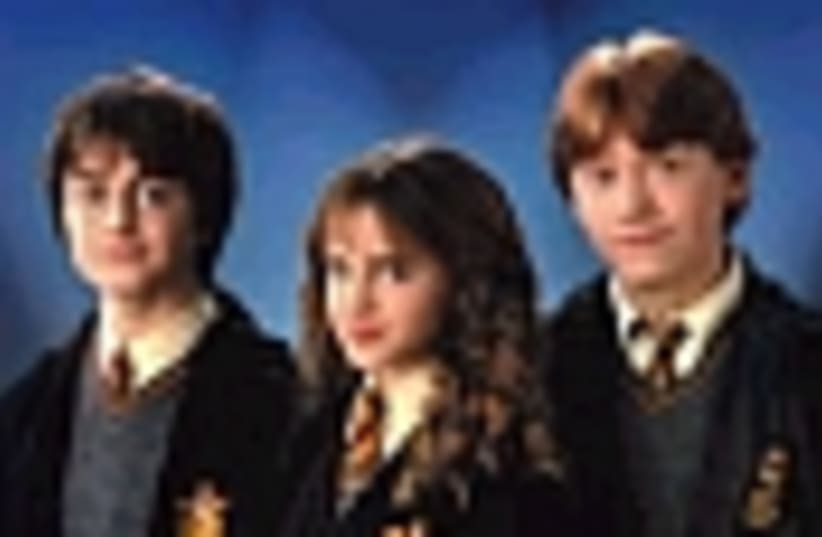| More about: | Warner Bros., Melbourne, New Zealand, George Harrison |
The disciples of Potter
Real-world professors hold an otherworldly symposium for young witches and wizards.


| More about: | Warner Bros., Melbourne, New Zealand, George Harrison |